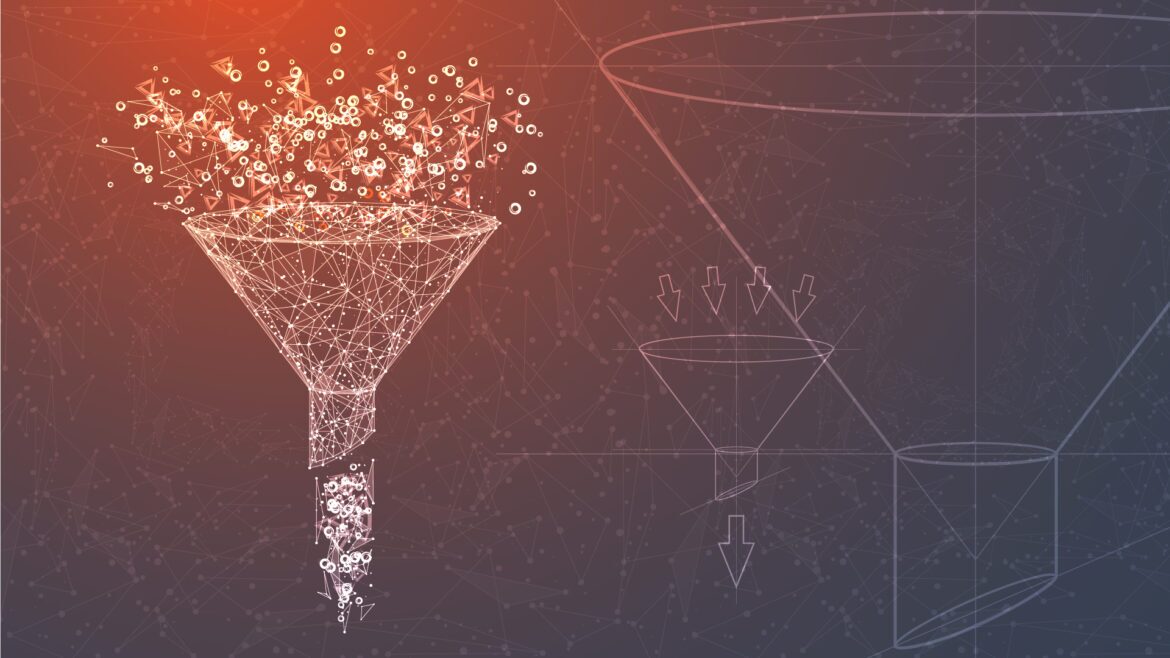Powerpoint is one of the more unfairly maligned tools in a lawyer’s arsenal. Yes, presentations that rely on the default color schemes and fonts are probably not going to look good. And presentations that are too wordy or have long lists of bullet points are going to bore your audience. But, PowerPoint is still a…
read moreOn Thursday, July 17 Nextpoint hosted the first Client Success Summer Camp Webinar Series, “eDiscovery Collections.” If you missed the event, you can listen to all our ediscovery webinars here. In the most recent session, Michele Kell, Project Director for the Nextpoint Client Success team explained important considerations and questions every litigator needs to know…
read moreNo matter how well a litigator plans and organizes a new case, some new wrinkle or challenge will interfere with their plans. Next month, Nextpoint will introduce our Client Success Summer Camp, a free, three-part webinar that will offer all of the tips, workflows, and guidance you need to manage any matter from start to…
read moreThe bad news for any courtroom litigator is that no matter how hard you work, how many facts you gather, and how much you obsess over your content, the jury will forget most of the information you present to them. Fortunately, there is a ton of great research into retention and how to make your…
read moreAccording to most surveys, more than half of lawyers use an Apple device or computer every day. Three quarters use an iPhone. Meanwhile, much of the legal software world is still wedded to the Windows/PC/Internet Explorer world. But in our experience, its easy to put together a suite of applications that give you all of…
read moreBy now, every lawyer knows that they have an obligation to meet and confer with opposing counsel to discuss eDiscovery at the start of litigation. At Nextpoint, we don’t see the Rule 26f Conference as an obligation, but an opportunity. How to Negotiate the Meet and Confer Lawyers going into litigation are ready to do…
read moreNational Transportation Law Firm Joins Nextpoint Select Program to Help Manage Fast-Moving Matters The Scopelitis, Garvin, Light, Hanson & Feary law firm has chosen Nextpoint to be a firm-wide provider of in-house eDiscovery collections, review, and trial presentation technology. By joining the Nextpoint Select Partner Program, Scopelitis simplifies litigation for small and medium-sized clients. With…
read moreDeNISTing in ediscovery is one of the many technical strategies utilized during the processing stage to eliminate irrelevant data from a document collection. With the high volume of legal data seen in most litigation today, eliminating irrelevant files at the outset of a case is essential to maintaining a feasible workload for review. DeNISTing gets…
read moreIf you’re an experienced Nextpoint user, our site and our service will look superficially different. But as you know, there is still just one name you need to know for complete litigation support service. Nextpoint features are always organized to fit the way you work. Everything you need to manage any matter is there: Data collections Advanced…
read moreFix up your LinkedIn Profile, make big bucks. According to an ABA Journal story, attorney Mark Poniatowski beefed up his LinkedIn profile and quickly got referrals worth $12,000 by connecting with colleagues, friends, and new clients. How important is LinkedIn for networking? Try a Google search on your own name, and you’ll probably find that your LinkedIn Profile ranks…
read more



